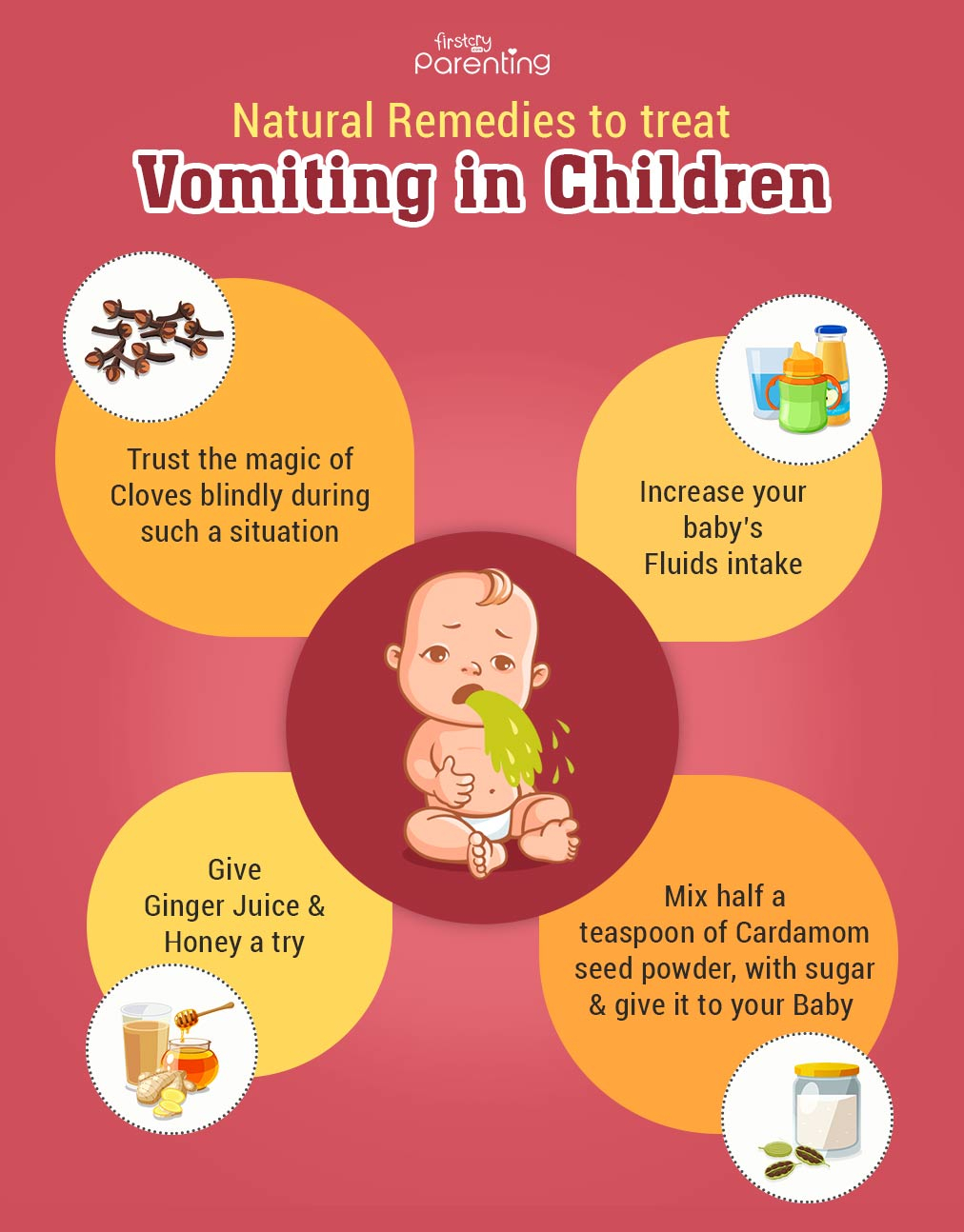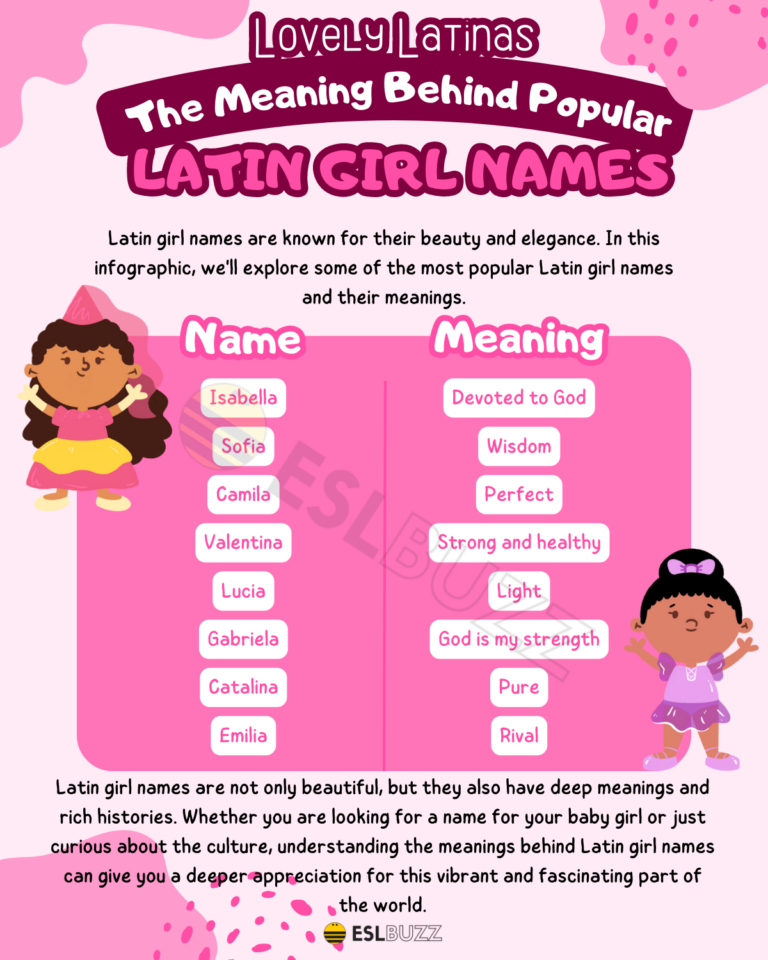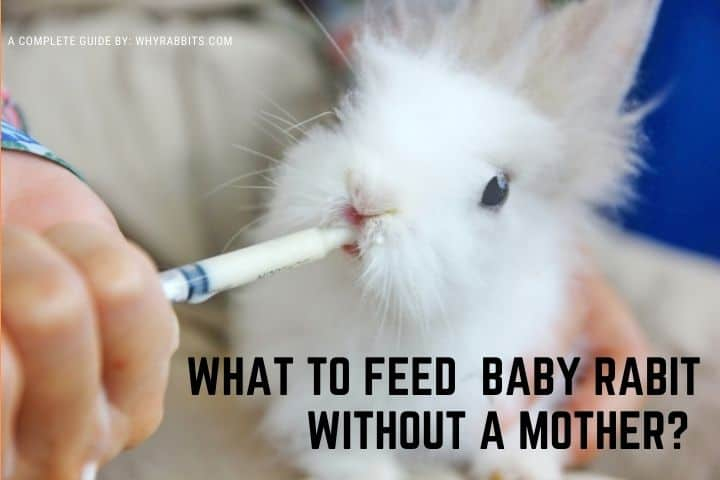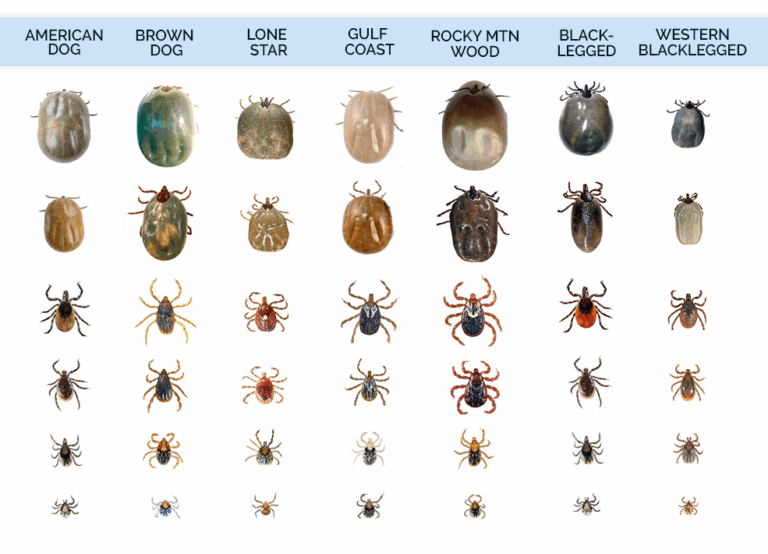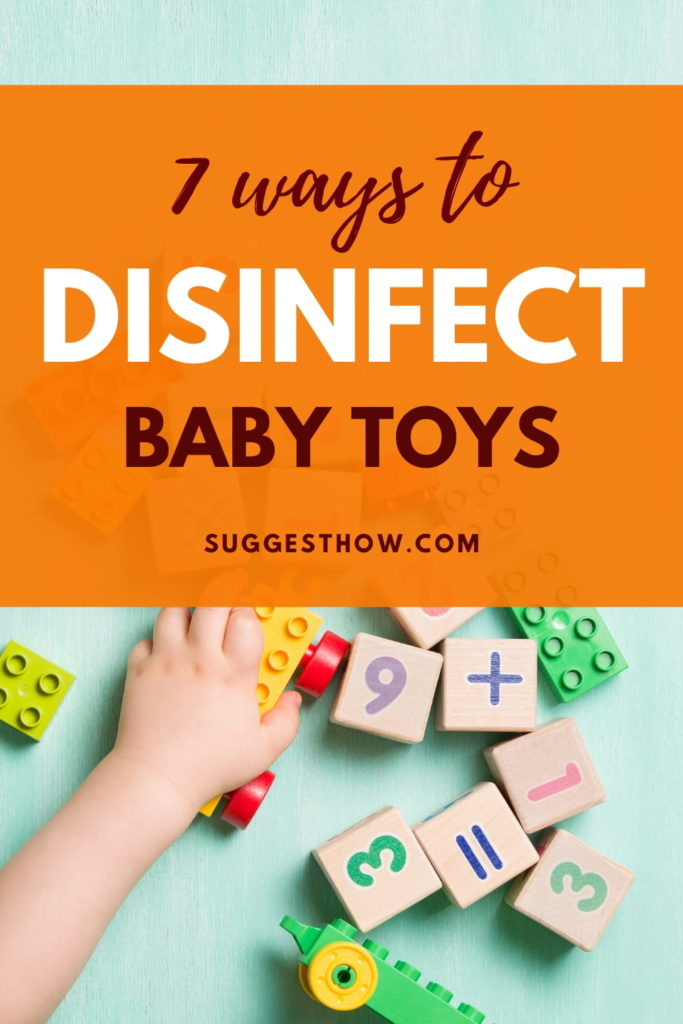How To Avoid Baby Vomiting After Feeding
As a parent, one of the most common challenges you may face is dealing with your baby vomiting after feeding. It can be a distressing experience for both you and your little one. However, there are steps you can take to minimize the chances of this happening. In this article, we will explore some effective strategies to help you avoid baby vomiting after feeding.
Knowledge
Before we delve into prevention methods, it’s essential to understand why babies vomit after feeding. Common causes include overfeeding, swallowing air while feeding, food allergies, acid reflux, or an underlying illness. By identifying the root cause, you can tailor your approach to prevent vomiting effectively.
The positioning of your baby during feeding plays a crucial role in preventing vomiting. Ensure that your baby’s head is slightly elevated to reduce the chances of milk flowing back up. Additionally, burp your baby frequently during and after feeding to release trapped air and prevent discomfort.
Instead of large, infrequent feedings, opt for smaller, more frequent meals for your baby. This approach helps prevent overloading the stomach, reducing the likelihood of vomiting. Pay attention to your baby’s cues and stop feeding when they show signs of fullness.
If you are formula-feeding your baby, selecting the appropriate formula can make a significant difference in preventing vomiting. Opt for formulas designed for sensitive stomachs or those specifically formulated to reduce reflux. Consult your pediatrician for recommendations tailored to your baby’s needs.
While burping is essential to prevent air swallowing, be gentle and avoid vigorous patting or rubbing on your baby’s back. Aggressive burping can trigger vomiting in some babies. Experiment with different burping techniques to find what works best for your little one.
After feeding, ensure that your baby remains in an upright position for at least 30 minutes. This helps gravity keep the milk down and reduces the chances of regurgitation. Avoid laying your baby flat immediately after feeding to prevent stomach contents from coming back up.
Conclusion
In conclusion, preventing baby vomiting after feeding requires a combination of understanding the causes, adopting proper feeding practices, and making informed choices. By following the strategies outlined in this article, you can minimize the occurrence of vomiting and ensure a more comfortable feeding experience for your baby.
Remember, every baby is unique, so it may take some trial and error to find the methods that work best for your little one. Stay patient, observant, and consult with your pediatrician if you have concerns about your baby’s feeding habits.
